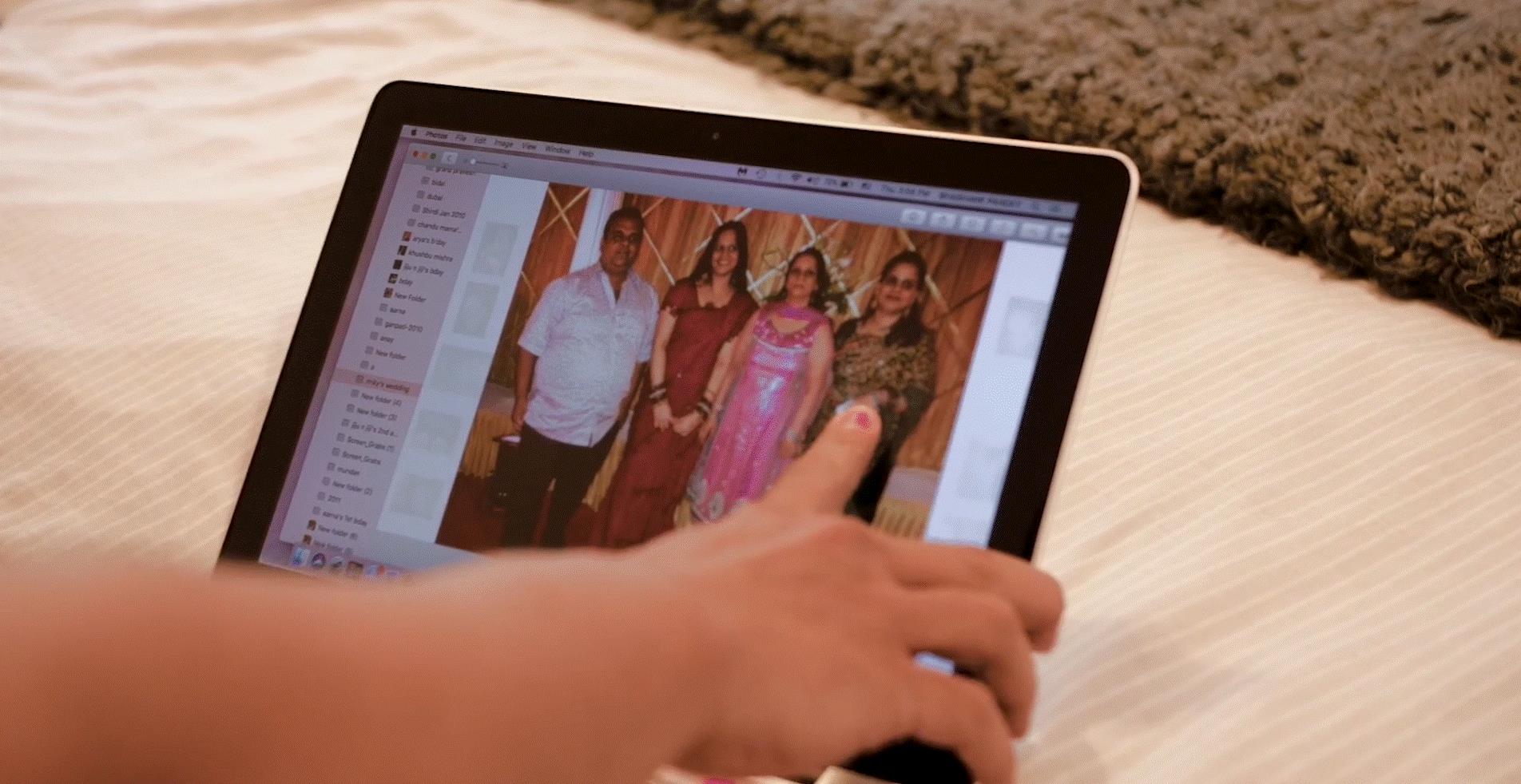
Helping migrant workers stay connected to home
October 16, 2020 | By Hayden HarrisonIn the United Arab Emirates, which has one of the largest migrant worker populations in the world, visiting an exchange house is the next best thing to visiting home.
When sending money internationally to family and friends, migrant workers often choose to visit a house where the tellers speak their language and are familiar with the customs of the receiving country. So when they stop in to send paychecks home, it often turns into a social occasion: grabbing coffee or lunch with fellow nationals to feel a sense of belonging.

Shashank, a white-collar worker in Dubai, sends money to his sisters in India
Jen works as a nanny for an American family in Dubai. Originally from the Philippines, she has lived in Dubai for almost 14 years. During that time, she has provided regular financial support to her mom and, occasionally, her brother. “If they need something, they ask me, 'Can I borrow from you?’” Sending money to her family, she says, is one way she stays connected to them — despite the distance.
COVID-19 has amplified the importance of seamless cross-border transactions, particularly for people who are supporting ailing or unemployed family members around the world. However, making cross-border payments isn’t always as simple as it should be.
Migrant workers such as Jen face queues at exchange houses on payday, and there are often high and unpredictable currency exchange fees and rates. Paying in can be subject to human error, and the risk of delay or loss is sadly accepted by those that have no other option. To overcome a lack of transparency, chat apps such as WhatsApp have become a means of cross-border payment confirmation.

Chat apps have become a proxy means of payment confirmation
This year, after countries imposed strict border regulations to stem the transmission of the novel coronavirus, global travel came to a halt. Many of the world’s 164 million blue- and white-collar workers who cross borders in search of better prospects were faced with a hard decision: abandon their employment or risk months stranded from their loved ones.
For those who chose to weather the pandemic far from their homes, staying connected to their families and friends became more valuable than ever, and the exchange house has remained a buoy in turbulent times.
As workers begin to venture back out into the world, they increasingly will demand better payment solutions to meet the changing ways people live, work and do business abroad. Stories such as Jen’s help us understand the challenges migrant workers face when it comes to sending money to families and friends at home, and underlines the importance of being able to provide simple, safe and predictable cross-border payments.
Because we know that when money moves seamlessly, it breaks down barriers. And staying connected to our loved ones is important, now more than ever.